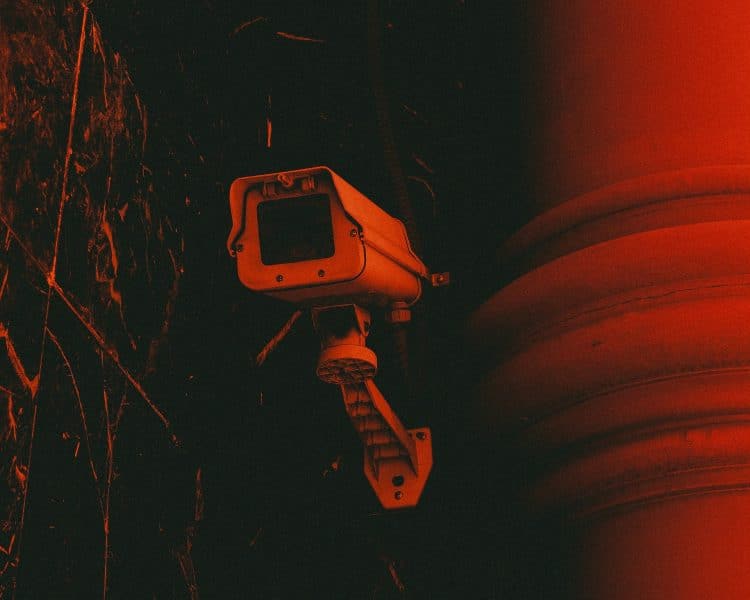
In a remarkable show of the United States’ extensive surveillance power, it was recently revealed that four men linked to the 2014 Mt. Gox cryptocurrency hack and the subsequent laundering of nearly 647,000 bitcoins were monitored by the US government for over a year.
Critics have raised privacy concerns about such extensive surveillance reach and the potential misuse of personal data, signaling a crucial debate about privacy and state authority in the digital age.
To pursue these individuals, suspected to be operators of the BTC-e cryptocurrency exchange accused of laundering $4 billion in illegal proceeds, the US government undertook extensive surveillance, compelling Sabre, a $1.2 billion travel company, to report their movements.
The government’s extensive monitoring capabilities laid bare in the process illustrate a staggering truth about the US surveillance reach.
The US’s surveillance power, sanctioned under the 1789 All Writs Act, grants the government access to a vast pool of international travel data. The government has used this authority repeatedly over the years to require global distribution system (GDS) suppliers to alert law enforcement when a suspect is moving.
GDS suppliers operate networks that synchronize booking companies, airlines, hoteliers, and ground transport providers, facilitating a smooth travel process. Consequently, they harbor enormous quantities of global travel data.
The Unsealing of Shadows: US Surveillance Sheds Light on Crypto Crimes
On June 9, 2023, the US Department of Justice (DOJ) unsealed the charges against Alexey Bilyuchenko and Aleksandr Verner, two Russian citizens. The accusations revolve around their alleged roles in the 2011 Mt. Gox cryptocurrency exchange hack.
The duo is implicated in the laundering of nearly 647,000 bitcoins between 2011-2014 from Mt. Gox. The hefty theft fueled the eventual bankruptcy of the once largest Bitcoin exchange in 2014.
Bilyuchenko is separately charged for allegedly conspiring with another Russian national, Alexander Vinnik, to run BTC-e from 2011 to 2017. This exchange was a prominent platform for cybercriminals to transfer, launder, and store proceeds from their illegal activities.
Over 300,000 of the stolen bitcoins were reportedly laundered through the BTC-e exchange, as revealed by the DOJ.
The recent unsealing order represents an unparalleled case of the US obliging Sabre, or any similar company, to supply near real-time travel data on multiple individuals concurrently. The directive’s focus on multiple suspects, as opposed to single individuals as in past instances, has raised concerns among critics.
Albert Fox Cahn, director of the Surveillance Technology Oversight Project, expressed alarm over the “continued weaponization of travel information.”
“While it’s one thing to get access to past travel records, this sort of order provides real-time updates on an individual’s movements,” he said.
The indictment also implicates corrupt US federal agents Carl Mark Force and Shaun Bridges, accused of defrauding Silk Road drug bazaar creator Ross Ulbricht while investigating him, as well as a ransomware group known as CryptoWall. All allegedly used BTC-e to launder criminal proceeds. It remains unknown whether the Sabre order facilitated the government’s locating of the BTC-e operators.
A Legal Backdoor: The Fourth Amendment
The All Writs Act, according to federal defender David Rizk, is being exploited by the government as a backdoor to gather information that it cannot obtain under the Fourth Amendment without substantial restrictions.
The All Writs Act is absurd. No judge in some podunk federal district should be allowed to bind the entire country.
— BobbyJohn (@BobbyJohnNow) July 5, 2023
The Act raises issues about the implications for privacy and individual rights and prompts questions about which governments the company might secretly share data with upon request.
As of now, the Justice Department has not provided any comments, while Sabre maintains its commitment to protect user data and comply with the law, stating that it only responds to lawful processes under applicable laws.
In essence, the Mt. Gox hack investigation has opened a window into the magnitude of the US surveillance power, posing critical questions about privacy, data protection, and the boundaries of state authority in the digital age.
Related:
- Sweden Data Protection Regulator Issues $1.1 Million in Fines Over Google Analytics Privacy Breach, Warning Others Not to Use It
- Loophole Allows US Government to Harvest the Data of Millions of American Citizens Without Warrants (or FISA)
Wall Street Memes (WSM) - Newest Meme Coin
- Community of 1 Million Followers
- Experienced NFT Project Founders
- Listed On OKX
- Staking Rewards